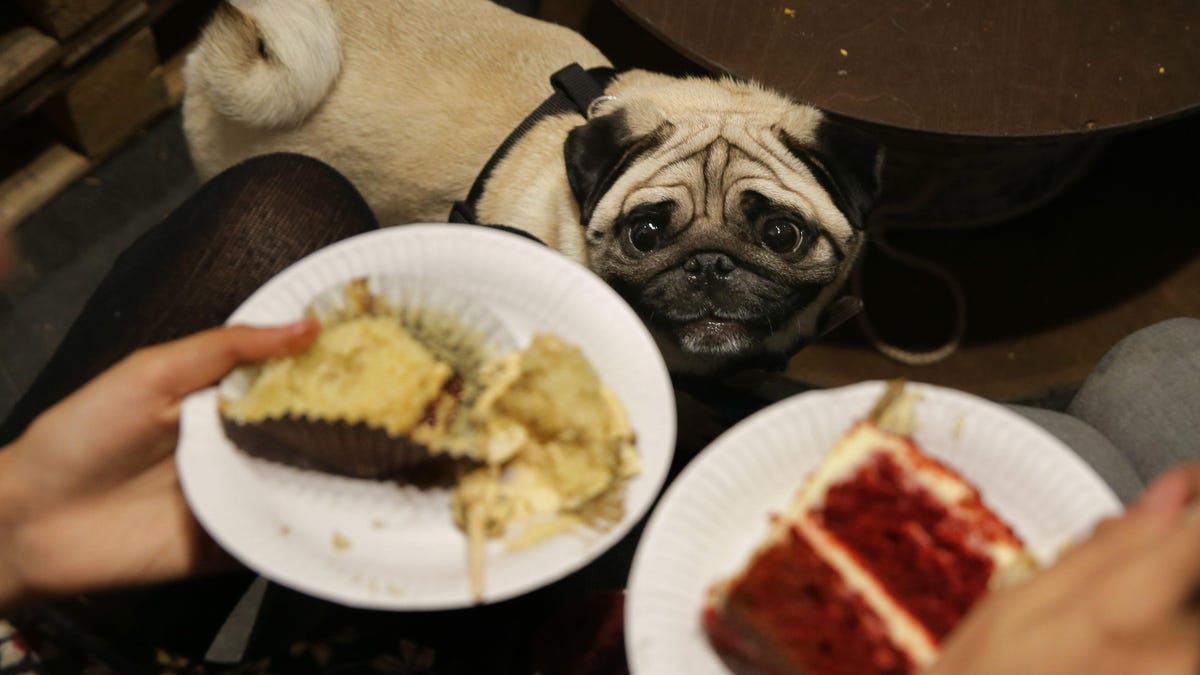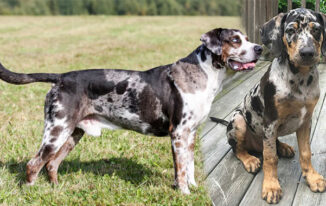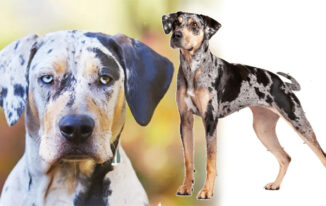
Acquiring canine to share meals with you may not be all that easy, new study suggests. In a series of experiments, experts observed that dogs did not reciprocate the act of giving food stuff to valuable humans. Though the results may well be due to how the experiment was done, it could also propose food-offering just isn’t just one of the techniques canines are naturally cooperative towards us.
Lots of reports (and owner anecdotes) have proposed that dogs have a prosperous ability for social interaction, which likely features the capability to convey to close friend from foe and to assist pals when presented the opportunity. In earlier scientific tests, for instance, pet dogs have been revealed to reward other acquainted dogs by giving them obtain to food items when they had no chance to get the food items them selves. In other experiments, canine were far more likely to assist their owners get out of a box when the owners referred to as out in distress and to keep away from people who were previously proven to be uncooperative with their entrepreneurs.
In this new review, published Wednesday in PLOS-Just one, scientists at the University of Veterinary Medicine in Vienna, Austria needed to see if dog cooperation would prolong to reciprocal food stuff sharing with men and women.
The team properly trained all-around three dozen canines to work a food stuff-giving dispenser by using a button. Then they launched the puppies to a pair of initially unfamiliar individuals in an enclosed area. Just one human would on a regular basis give the dogs treats by pressing a identical button in an adjacent home the pet dogs could search into, whilst the other individual didn’t (for the sake of scientific integrity, all dogs bought the exact total of treats by the conclusion, no make any difference what). Afterward, the canines had been presented the possibility to press their button, possessing been skilled previously to figure out that pushing it would give food items to the human but not on their own. After this very first test was finished, the canines were allowed to freely interact in the greater area with the human beings if they selected.
Across two experiments, the second intentionally created to be significantly less sophisticated and shorter, the scientists found no connection in between a person’s previously valuable conduct towards a canine and that dog’s later willingness to pay back them back in human treats. The canines also weren’t extra likely to devote time all over the generous people afterward. As the authors place it succinctly, “In our research, pet dogs obtained foodstuff from individuals but did not return the favor.”
G/O Media might get a commission
Exploration into the behavior and cognition of animals is normally a tough beast. Experiments have a tendency to be compact, and because we can’t verbally communicate with the examination subjects, there’re constantly room for interpretation in the benefits. And there is also the possibility of hidden aspects that could affect the consequence of a review. The authors by themselves are fast to supply that exact caution, pointing out that there are other explanations for their findings over and above the evident headline that canine aren’t good sharers. Certainly, specified the other proof suggestive of dogs’ willingness to be altruistic, they argue that the conclusions are probably more difficult than they appear on the floor.
For a person, the authors even now get worried that the experimental design and style could have been far too sophisticated for the pet dogs to fully understand what was heading on, even just after their endeavours to simplify it in the 2nd spherical. The analyze essential pet dogs to associate a button with food stuff providing, then to recall that a human pressing a different button in yet another area would give them foodstuff, then again to recall that urgent their very own button would give that individual food items. Somewhere together the way, anything may well have gotten misplaced in translation, to the stage where by the dogs simply just didn’t realize that their associate was striving to be beneficial or unhelpful.
Even if these concerns aren’t sizeable, it may even now be accurate that dogs will fortunately support handy men and women, just not in this precise circumstance. The authors take note that our romantic relationship with puppies tends to go 1 way when it will come to food stuff it’s not them giving us their evening meal scraps. In a distinctive context, like supporting folks trapped or in risk, a sense of charity amid pet dogs could be there. Or they could possibly be additional ready to support or not support folks that they have much more familiarity with. Long term scientific tests may possibly be ready to verify or refute these probable caveats by utilizing a various experimental set up, education the pet dogs for for a longer time, or getting the companions be other puppies in its place of individuals, the authors say.
“It is plausible that facets of the experimental design hindered the emergence of any possible reciprocity,” they wrote. “However, it is also probable that dogs are just not prosocial toward humans in food items-giving contexts.”
In lots of strategies, this study is not just about canine and their ability to share—it’s about our constraints in attempting to fully grasp the interior workings of our oldest pals, even following millennia invested jointly. Cats, nonetheless, are possible just as disloyal as you suspect.























